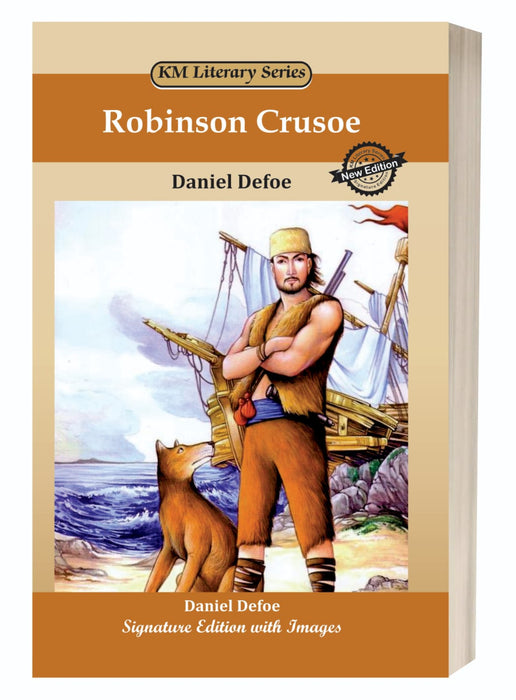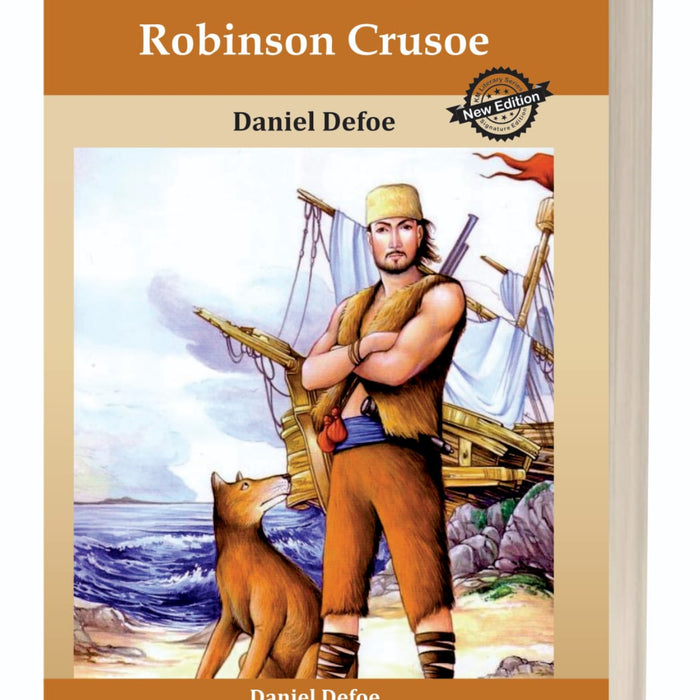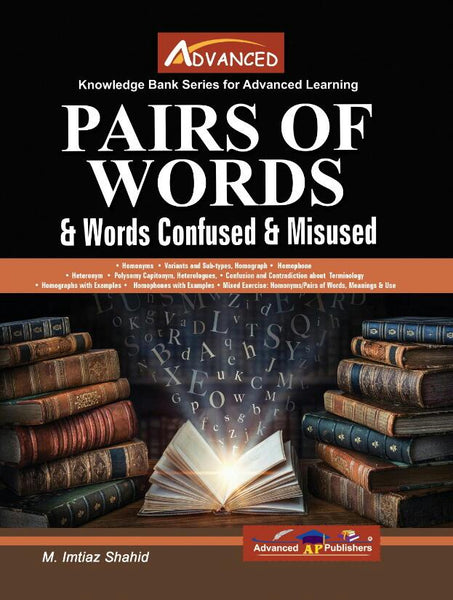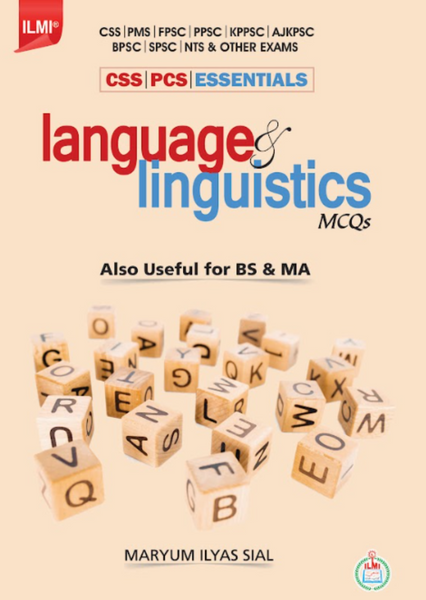Robinson Crusoe by Daniel Defoe – Kitab Mahal
- Publisher: Kitab Mahal (Pvt) Ltd , KM
- Availability: In Stock
- SKU: 35773 R1 0268
Rs.325.00
Tags: 18th-century literature , adventure novel , BS , civilization , classic novel , colonial mindset , colonial relations , Critical Studies , cultural encounter , Daniel Defoe , English , English fiction , English society , European civilization , European exploration , Friday , human nature , human resilience , Kitab Mahal , Kitab Mahal (Pvt) Ltd , KM , moral lessons , providence , psychological effects of solitude , religious reflection , Robinson Crusoe , self-reliance , self-sufficiency , shipwreck , solitude , solitude and society. , survival stories , Text , Urdu Tarjama , Western imperialism , With Urdu Translation
Robinson Crusoe is one of the most famous adventure novels by Daniel Defoe, first published in 1719. The story follows the life of Robinson Crusoe, a young man who, against his family's wishes, sets out to sea and ends up shipwrecked on a desert island. Crusoe spends 28 years there, struggling to survive, facing isolation, and building a life from scratch. The novel explores themes of survival, self-sufficiency, and colonialism, while also reflecting on human nature, society, and the concept of civilization.
Key Points
- Survival and Self-Reliance: One of the core themes of Robinson Crusoe is survival. Crusoe, after being shipwrecked, must use his resourcefulness and ingenuity to survive on the island. The novel showcases his struggle to build shelter, find food, and protect himself, reflecting the human drive for self-preservation.
- The Role of Faith and Providence: Crusoe's journey is also a spiritual one. Throughout his isolation, he turns to religion, finding solace in God and viewing his survival as a divine intervention. The novel often emphasizes the importance of faith and the belief in divine providence.
- Colonialism and Cultural Encounter: Crusoe’s relationship with the "native" Friday is central to the story. Friday becomes Crusoe’s companion and servant after being rescued, and their interactions highlight the colonial mindset of the time. Crusoe’s sense of superiority and the implications of colonization are reflected in their relationship.
- Isolation and Human Nature: Crusoe’s isolation forces him to confront his own nature. The novel delves into the psychological effects of solitude, with Crusoe experiencing periods of despair but also moments of personal growth and self-reflection. His struggle with loneliness and his eventual ability to adapt and thrive speaks to human resilience.
- The Question of Civilization: Crusoe’s attempts to create a society on the island raises questions about civilization, its values, and its hierarchies. His belief in the superiority of European civilization is evident, as he sets about transforming the island into a version of English society. The novel questions what constitutes civilization and what happens when those societal norms are removed.
Conclusion
Robinson Crusoe is not just an adventure story but a profound meditation on human nature, survival, and the impact of colonialism. The novel explores themes of self-reliance, faith, and the complexities of human relationships, offering valuable insights into the historical context of European colonial expansion and the values of the time.
























